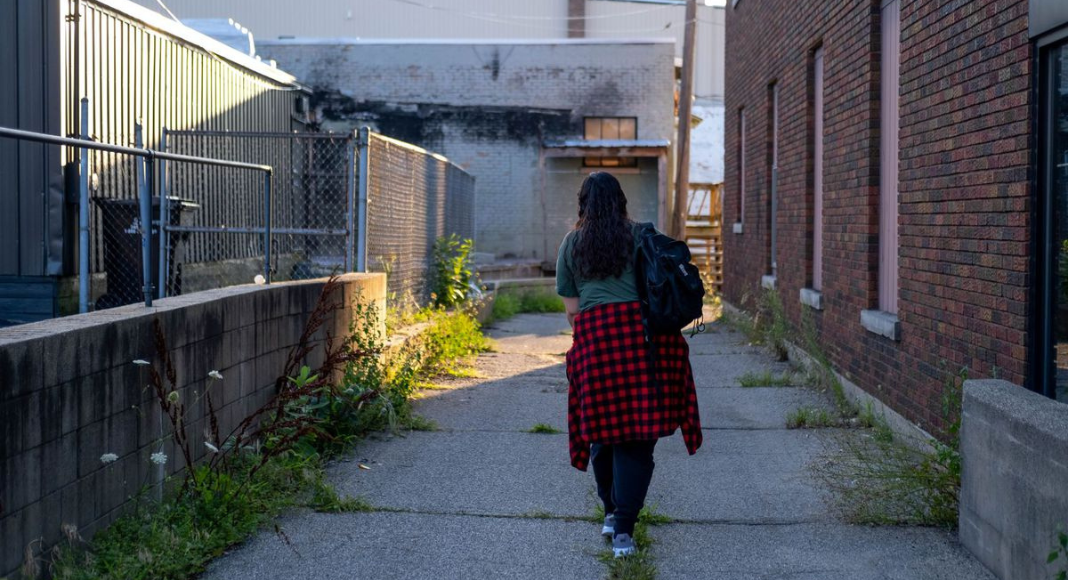January Is Human Trafficking Prevention Month
Every January is National Human Trafficking Prevention Month, which is designed to raise awareness to prevent human trafficking before it happens. We're dedicating this month to educating about human trafficking and the role you can play in preventing and responding to human trafficking in our community.
We believe informed people can create real change.
With that in mind, here are a few common myths people have about human trafficking. It’s important to really know what we’re dealing with in order to know how to combat it.
MYTH
It's a myth that all human trafficking involves commercial sex.
FACT
Human trafficking is the use of force, fraud, or coercion to get another person to provide labor or commercial sex. Worldwide, experts believe there are more situations of labor trafficking than sex trafficking.
MYTH
It's a myth that only government officials or trained personnel can spot human trafficking.
FACT
Proximity and context are vital in the fight to end human trafficking. Specific people, such as medical professionals, teachers, truck drivers, and restaurant personnel, in addition to friends and family members, can help identify and report possible trafficking.
MYTH
It's a myth that trafficking victims are always women and girls.
FACT
The truth is that there is a significant number of male sex trafficking survivors. In fact, one study estimates that as many as half of people who have been sex trafficked are male. Advocates believe that percentage may be even higher, but male victims are far less likely to be identified.
MYTH
It's a myth that people being trafficked are physically unable to leave their situations, are locked up, or held against their will.
FACT
More often people in trafficking situations stay for reasons that are more complicated. Some lack the basic necessities get out such as transportation or a safe place to live. Some are afraid. Some have been so effectively manipulated that they do not identify as being under the control of another person.
MYTH
It’s a myth that human labor trafficking only happens in illegal or underground industries.
FACT
Human trafficking cases have been reported and prosecuted in industries such as restaurants, cleaning services, construction, factories, agriculture, and more.
MYTH
I'm powerless in the fight against human trafficking.
FACT
You can help in the fight against human trafficking just by being aware of the problem, understanding when and where it occurs, and reporting concerns.


